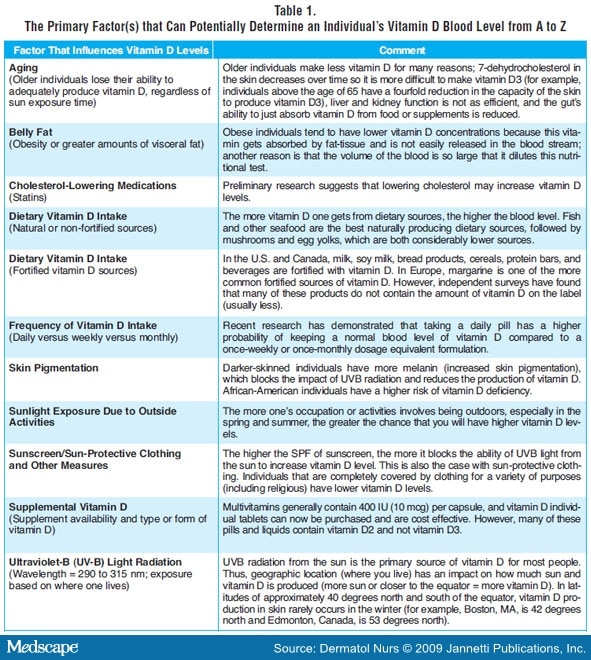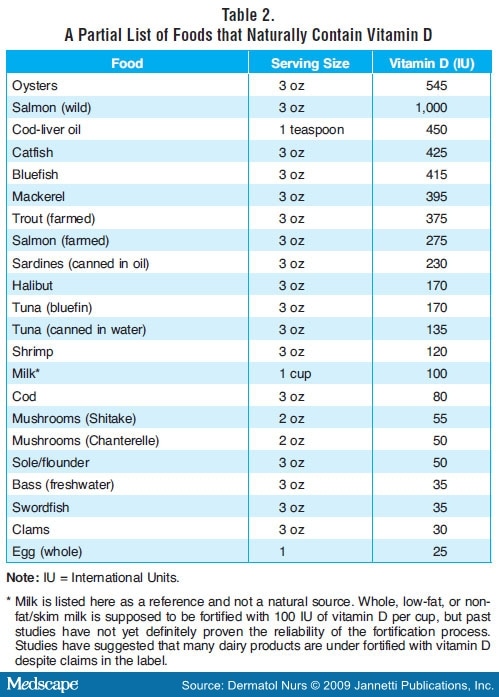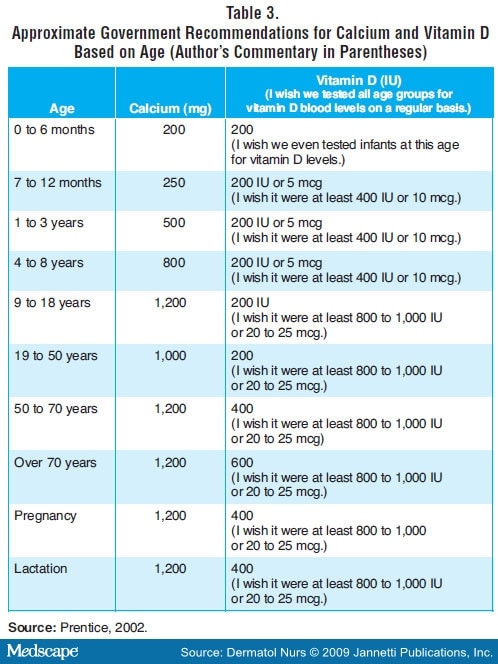Abstract and Introduction
Abstract
Interest in all aspects of vitamin D seems to be surging due to perhaps the increased number of diverse positive studies suggesting it could prevent a variety of chronic diseases. However, before patients and health care professionals are educated on the preventive aspects of this vitamin that acts more like a hormone, a basic rapid review of vitamin D is needed. There are multiple reasons for the high rate of vitamin D deficiency around the world, including an aging population, obesity, protective skin care measures, skin pigmentation, increased awareness, more utilized diagnostic assays, and perhaps even the lack of natural and fortified food and beverage sources. Various benefits and limitations of vitamin D2 and vitamin D3 supplementation are discussed. The proper use of the vitamin D blood test, also known as "25-OH vitamin D," is important, and changing the normal range of this test may allow for a slightly higher cutoff value based on parathyroid hormone reductions and experience from clinical trials of osteoporosis prevention. The vitamin D doses needed to adequately increase blood levels are provided. Finally, increasing the recommended daily allowance of this vitamin to 800 to 1,000 IU per day may be beneficial for most age groups.
Introduction
Sales and interest in vitamin D is surging because there may be a strong relationship between lower rates of a variety of chronic diseases and higher levels of vitamin D (Khazai, Judd, & Tangpricha, 2008). Minimally, the impact of vitamin D on calcium absorption and improving bone mineral density are impressive enough to garner attention. Dietary supplementation of vitamin D is not difficult and should be discussed with most patients. However, an objective review is still necessary for the clinician to separate fact from fiction regarding this specific vitamin, which has always acted more like a hormone than a vitamin (Coen, 2008).
Dermatology Nursing. 2009;21(1) © 2009 Jannetti Publications, Inc.
Cite this: Vitamin D: A Rapid Review - Medscape - Jan 01, 2009.








Comments